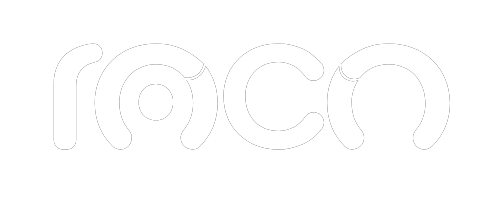The Semantic SEO It is an evolution of traditional organic positioning techniques. Unlike the SEO Classic, focused on exact keywords, this methodology seeks to understand the meaning of the content and his relationship with user searches, analyzing synonyms, linguistic variants, context and structure.
This approach responds to evolving user behavior. Previously, people searched Google with single terms like "Bogotá restaurant." Today, queries are more natural and specific: “What is the best Italian restaurant in Bogotá to go to with children?”This type of conversational language is what semantic SEO interprets to deliver more useful and relevant results.
How does semantic SEO work on Google?
Google has implemented features that allow us to understand the semantics of content. Thanks to technologies such as Knowledge Graph and natural language processing (NLP), the search engine is able to identify relationships between words, concepts and entities.
For example, if you type “Who wrote Frankenstein?”, Google not only detects keywords, but interprets the search intent and directly shows you a highlighted card with the answer: Mary ShelleyYou don't need to visit another website. This happens because the search engine understands the context and offers the most direct information possible.
Additionally, factors such as your search history, geographic location, and device also influence how Google interprets your intent. This makes semantic SEO increasingly important for competing in personalized environments.
How to apply semantic SEO step by step
Below, we explain how you can start applying semantic SEO strategies on your website to improve your ranking and relevance in search engines:
1. Enrich and contextualize the content
It is no longer enough to insert a keyword repeatedly. The content must be rich in information, natural and adapted to the language used by users. This includes:
- Synonyms and variations of keywords.
- Conversational phrases and frequently asked questions.
- Related semantic fields.
- Practical examples and clear language.
Google no longer rewards texts optimized for robots, but for people. digitize your content with real meaning, you increase the search engine's understanding of the topic and improve your ranking.
2. Use structured data (Schema Markup)
The structured data These are HTML code snippets that provide search engines with specific details about your content. Although the user doesn't see them, they help Google better interpret your page and display it in rich formats (rich snippets).
For example, if you publish a recipe, structured data can include cooking time, ratings, ingredients, and an image of the dish. This improves visibility in search results and increases the CTR (Click Through Rate).
Use tools like Schema.org and plugins like Rank Math or Yoast SEO to easily implement them on your website.
3. Clarify ambiguous concepts with context
Semantic SEO also focuses on avoid ambiguitiesFor example, if your content mentions the word "exercise," are you talking about fitness routines, school activities, or grammar practice? Google needs clues to interpret it correctly.
Make sure to contextualize each term. Add related words, examples, synonyms, or descriptions that help frame the topic. This improves crawling accuracy and prevents misunderstandings during indexing.
4. Optimize for voice searches
More and more users are interacting with Google using voice commands. These searches tend to be more conversational and detailed. Therefore, it's important to include frequently asked questions (FAQs) and write natural sentences that respond to those spoken queries.
Adapting your content to these new patterns improves your chances of appearing in featured results like Featured Snippets, which occupy the top positions in the SERPs.
Why is it important to apply semantic SEO today?
Apply Semantic SEO Not only does it improve your ranking, but it also allows you to connect with users more effectively. By generating content that directly addresses their questions and needs, you position yourself as a trusted source, increase retention, and boost conversions.
Additionally, by understanding how Google interprets the meaning and intent behind each search, you can design smarter, more sustainable long-term strategies.
Ready to optimize your site with semantic SEO?
At Agencia RocoAt , we understand the importance of evolving with digital marketing trends. We help you create semantically optimized content, implement structured data, and position your website naturally and effectively.
Request a personalized consultation and discover how to apply semantic SEO to your site to improve visibility, traffic, and conversions.




